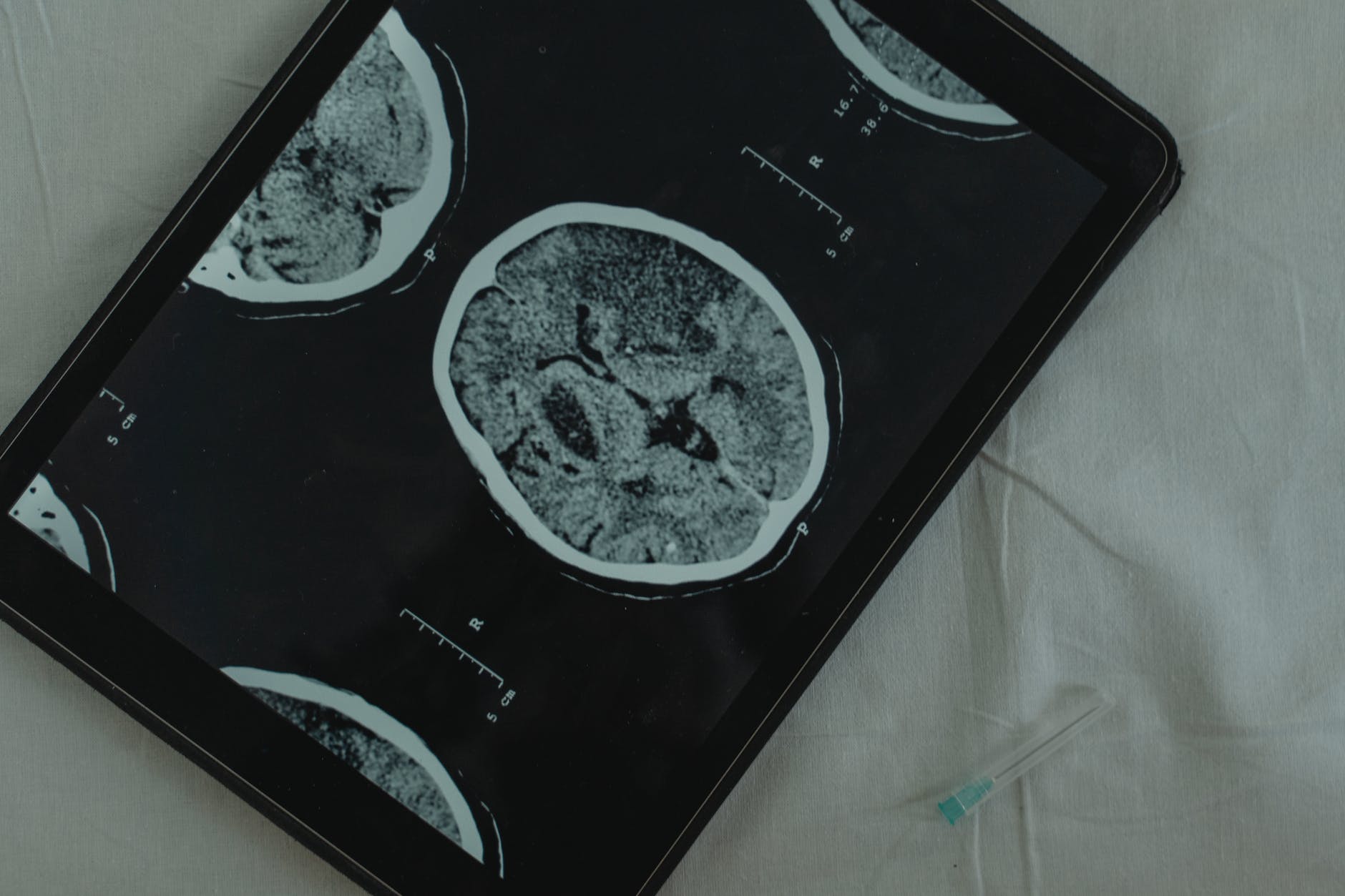First Human Trial Unveils Brain-Computer Interface Frontier.
On the 19th September 2023, Musk has announced Neuralink’s first trial on humans. This comes after the FDA announces the green light for Musk. But has the FDA given the green light too soon and put human lives at risk? Read on as we explore…
In a statement from Neuralink after receiving FDA clearance they said: “We are happy to announce that… [we will] …begin recruitment for our first-in-human clinical trial. The PRIME Study (short for Precise Robotically Implanted Brain-Computer Interface) – a groundbreaking investigational medical device trial for our fully-implantable, wireless brain-computer interface (BCI) – aims to evaluate the safety of our implant (N1) and surgical robot (R1) and assess the initial functionality of our BCI for enabling people with paralysis to control external devices with their thoughts.
During the study, the R1 Robot will be used to surgically place the N1 Implant’s ultra-fine and flexible threads in a region of the brain that controls movement intention. Once in place, the N1 Implant is cosmetically invisible and is intended to record and transmit brain signals wirelessly to an app that decodes movement intention. The initial goal of our BCI is to grant people the ability to control a computer cursor or keyboard using their thoughts alone.”
However, it may not be as good as it seems. Employees at Neuralink told Reuters, an online newspaper, last year that they were under pressure from Musk to get FDA clearance, the business was “rushing and botching experiments on monkeys, pigs, and sheep, killing more animals than required.” According to the sources, the company’s application for human trials was supported by the data generated by the animal research.
One time in 2021, the business inserted the incorrect-sized implants in 25 out of 60 pigs. Employees claimed that with better planning, the mistake might have been easily averted before the pigs were all slaughtered.
As well, before approving human trials, the FDA had warned Neuralink about several safety issues that needed to be resolved. Some of the problems were the implant’s lithium battery, the potential for the wires to migrate inside the brain, and the difficulty of properly removing the device without injuring the brain.
At least four times since 2019, Musk has predicted the beginning of Neuralink’s human testing. However, the company didn’t approach the FDA until the beginning of 2022, and the agency rejected the application.
It would appear from online articles that have been following this story, that Musk thinks that brain implants might be used to cure conditions including obesity, autism, depression, and schizophrenia as well as telepathy and the capacity to explore the Internet. He rose to prominence late last year when he said he had such high faith in the security of the devices that he would be willing to have his children implanted with them.
We would love to hear your thoughts on the chip in the comments below. For me, the thought of being able to explore the internet through your mind raises significant safety concerns, like downloading viruses into your mind.
Do you think this is safe, or has Musk endangered lives again?
By Iuean Yr9
Carre’s Grammar School, Sleaford

Fab article Iuean! I knew nothing about this and it is a very scary prospect! Musk seems a law unto himself!
This is very good 😇👍